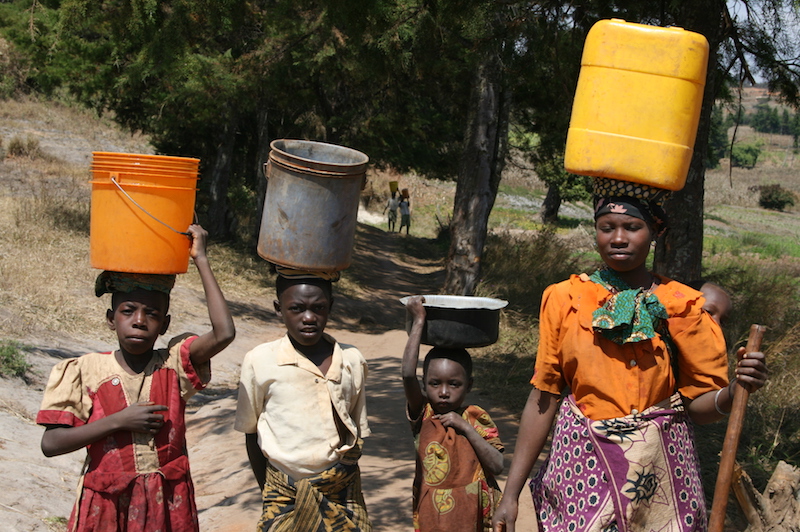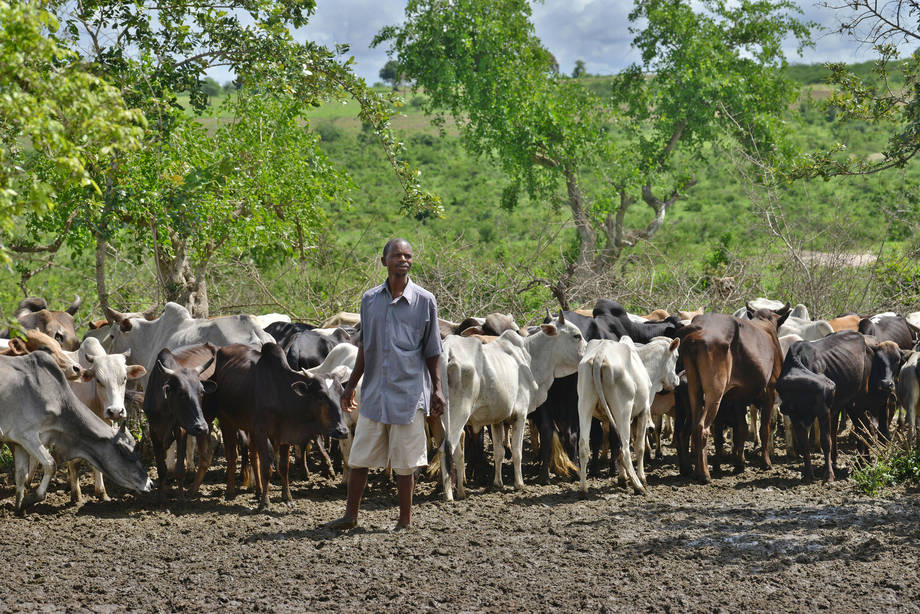
According to the report, in Tanzania, 1 in 2 people, or 27 Million Tanzanians have access to basic water services – that are within a 30-minute round trip collection time including queuing
Access to basic and safely managed water services in Tanzania has improved, according to a new report released on Thursday this week by the World Health Organization (WHO) and UNICEF.
According to the report, in Tanzania, 1 in 2 people, or 27 Million Tanzanians have access to basic water services – that are within a 30-minute round trip collection time including queuing.
However, progress on sanitation and hygiene has been slow as 63% of Tanzanians still have no access to improved sanitation.
Worldwide some 3 in 10 people or 2.1 billion, lack access to safe, readily available water at home and 6 in 10, or 4.4 billion, lack safely managed sanitation.
The Joint Monitoring Programme report, Progress on Drinking Water, Sanitation and Hygiene: 2017 Update and Sustainable Development Goal Baselines, presents the first global assessment of “safely managed” drinking water and sanitation services.
Poor access to water, sanitation and hygiene (WASH) services continues to impact child survival and health
Globally, the report shows that billions of people have gained access to basic drinking water and sanitation services since 2000, but these services do not necessarily provide safe water and sanitation. Many homes, healthcare facilities and schools still lack soap and water for handwashing. This puts the health of all people – especially young children – at risk for diseases, such as diarrhea.
As a result, every year, globally 361 000 children under 5 years die due to diarrhea. Poor access to water, sanitation and hygiene (WASH) services continues to impact child survival and health. In Tanzania 8% of deaths of children under 5 is caused by preventable diarrhea.
“Not only are poor hygiene, open defecation, and lack of access to safe water and sanitation systems leading causes of child illness and death, they contribute to under-nutrition and stunting, and act as barriers to education for girls and to economic opportunity for the poor” said Maniza Zaman, UNICEF Representative in Tanzania.
“This new data is a reality check and shows stark inequities, including in Tanzania, in terms of who benefit from safe water and sanitation services. It is a call to spark a truly national movement for water, sanitation and hygiene so that everyone is reached especially the under-served areas, poorest communities and the most vulnerable children, including children with disabilities,” she added.












